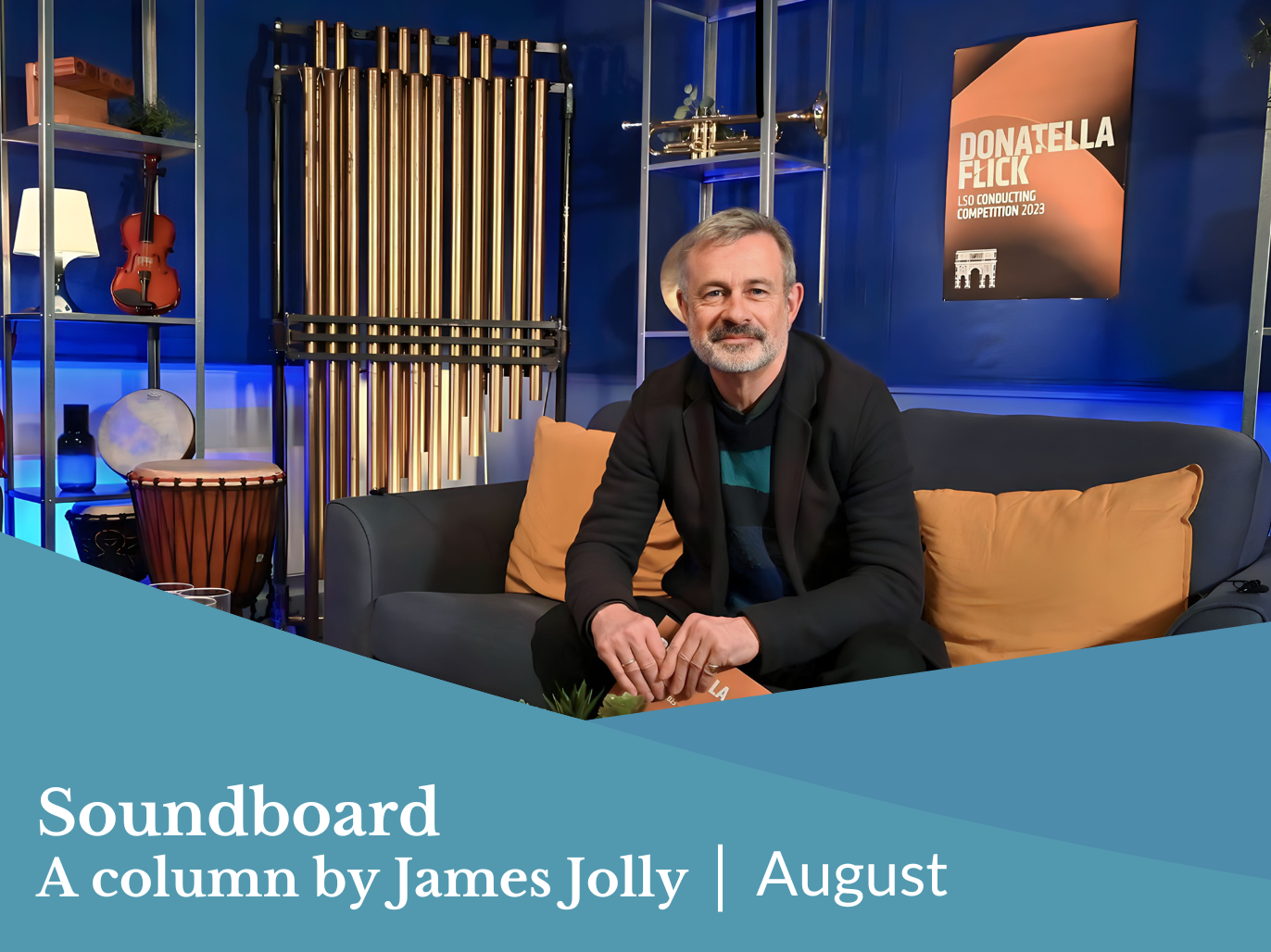Nothing replaces hearing great musicians at work, absorbed in their pursuit of that elusive “ideal” performance, witnessing their intensity, and, if collaborating, building a rapport that makes for colossal rewards. medici.tv’s mission clearly follows that belief in commitment. But nestled on the site are numerous documentaries that give an altogether different perspective, and which bring their own rewards. The gems, for me, are those made by Christopher Nupen and Bruno Monsaingeon, very different in approach, but both delivering insights that add immeasurably to one’s appreciation of the often mysterious art of interpretation.
View author's page
Reading time estimated : 6 min
A few weeks ago, I took part in what the Verbier Festival styles a “talk” (but which I think would be better described as a “conversation”) with Monsaingeon. He wanted to focus on three projects: one, in progress, on Thibault Garcia’s performance of Bach’s Goldberg Variations in a version for two guitars (his partner being Antoine Morinière), the second was his profile of Klaus Mäkelä, one of the most sought-after conductors of our time, and the third on a pianist he admires hugely, Viktoria Postnikova (who was the wife of the great Russian conductor Gennady Rozhdestvensky, someone who contributed to some of Monsaingeon’s most fascinating glimpses into music in the Soviet Union).
At one point, I said to Monsaingeon that, even though I couldn’t quote chapter and verse, or even actually articulate my feelings in much detail, I found a musicality in his films that spoke powerfully to me. He looked a bit surprised, then smiled broadly and told me that the last person to say that to him was the great German baritone Dietrich Fischer-Dieskau. Needless to say, I felt very smug for a few minutes. There are a number of Monsaingeon’s films on medici.tv, and I would urge you to watch some of them. He has a very special way of capturing a mood — perhaps at a time of great artistic ferment in a deeply repressive regime like the USSR — revealing what drives artists to make music (his film on the Arod Quartet is wonderfully evocative), or simply allowing a great story-teller to draw us in. Yehudi Menuhin, with his inexhaustible well of humanity, is a perfect example of the latter.
Yehudi Menuhin, The Violin of the Century by Bruno Monsaingeon.
Monsaingeon’s films work because he chooses his subjects with great care and he always maintains his distance, never crossing over and “going native.” He allows them to tell their own stories and he has a near-deal sense of pacing – perhaps that’s the musicality I detect in them. Christopher Nupen, South-African-born, though for the bulk of his life living in the UK, clearly was friends with many of his subjects. Needless to say it created a very different, but equally rewarding, series of films. The most famous perhaps is the film he made in 1969 of Itzhak Perlman, Pinchas Zukerman, Jacqueline du Pré, Zubin Mehta, and Daniel Barenboim rehearsing and performing Schubert’s Trout Quintet.
Perlman, Zukerman, du Pré, Mehta, and Barenboim rehearse and perform Schubert’s Trout Quintet.
Nupen himself commented of the film that “the introduction takes the television viewer into areas of music-making that are not normally accessible even to the committed concert-going public, and the first part of the film ends with the final seven minutes of back-stage preparation before the concert. They are minutes which contain scenes that have passed into musical and television history.” It captures the youthful exuberance of these five musicians very close to the start of their careers, and conveys with tangible joy the art of collaborative music-making. (The 1967 film of du Pré playing the Elgar Cello Concerto with Barenboim conducting the New Philharmonia Orchestra not only enshrines a wonderful performance of the concerto, but is preceded with a substantial documentary about the cellist, her family and teachers, and also prepares us for the Elgar which ends the film. It is an absolute must!)
Nupen, in his autobiography, Listening through the lens (Kahn & Averill: 2020), laid out his philosophy of making music programmes: “The only thing to do, not the best thing to do, but the only thing to do, is to find talented people and then let them have their heads. You will either have success or you will have failure or perhaps something in between, but if you interfere you are certain to land yourself with mediocrity.” His friendships with artists like Vladimir Ashkenazy led him to make a series of films exploring individual composers – his two-part exploration of Sibelius’s music is well worth your time, and a perfect introduction to a composer whose reputation has never been higher (native English speakers may find Nupen’s own narrations slightly old-fashioned – his slightly dated delivery and very crisp pronunciation now sounds a little quaint, but it’s a very small cavil).
Listening Through the Lens, a film by Matthew Percival
Both Christopher Nupen and Bruno Monsaingeon are owed an enormous debt by music-lovers for giving us a glimpse into a world that we are all too often unaware of. Their films give a human side to people of deep artistry, artistry that allows them to bare their souls to an extraordinary degree, and they enrich their music-making immeasurably. I return to their films with admiration at their ability to give another dimension to some of the greatest musicians of our age.

